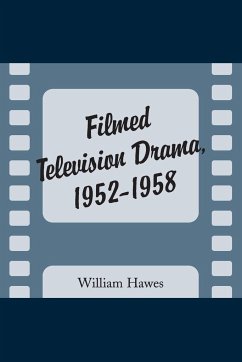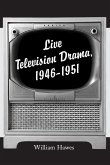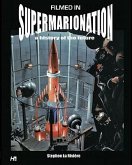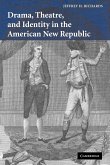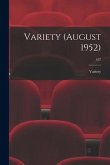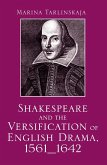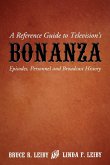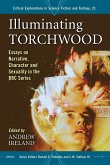This work examines the change from live to filmed television dramas during the period 1952-1958 and the characteristics and programs that are most associated with filmed television drama. Along with many technical changes that had to be made in the industry in order to convert live television to filmed television came an interesting social one. The American society in general was developing a growing interest in the lives of ordinary people, and television moved with them, offering more programs that concentrated on the middle and lower classes. Because of the inherent qualities of filming, television began to feature more documentary-like realism, began to broaden its interpretation of traditional romantic escapism to include more outer space and supernatural science fiction, began to better fulfill materialistic desires through well-designed, enjoyable commercials, and began to offer the best dramas and most popular personalities, often leading viewers to greater self-appreciation and richer lives. This work focuses on the important anthology programs and specials that were on the air from 1952 to 1958 such as Kraft Television Theatre, Philco Television Playhouse, and The Hallmark Hall of Fame, filmed serials like Colgate Theatre, Amos 'n' Andy, and I Love Lucy, and the challenges of converting from live to filmed television drama.
Hinweis: Dieser Artikel kann nur an eine deutsche Lieferadresse ausgeliefert werden.
Hinweis: Dieser Artikel kann nur an eine deutsche Lieferadresse ausgeliefert werden.

